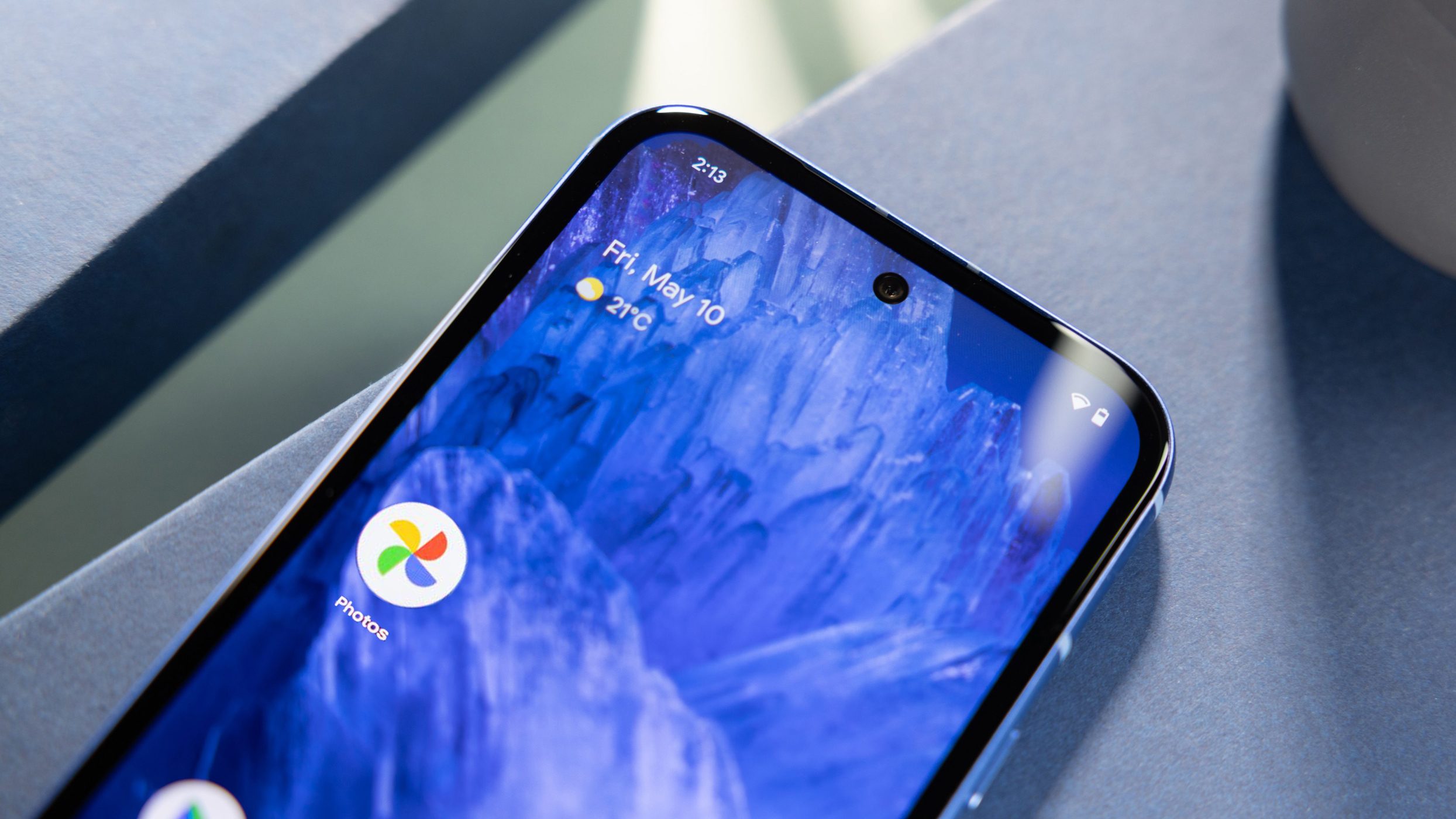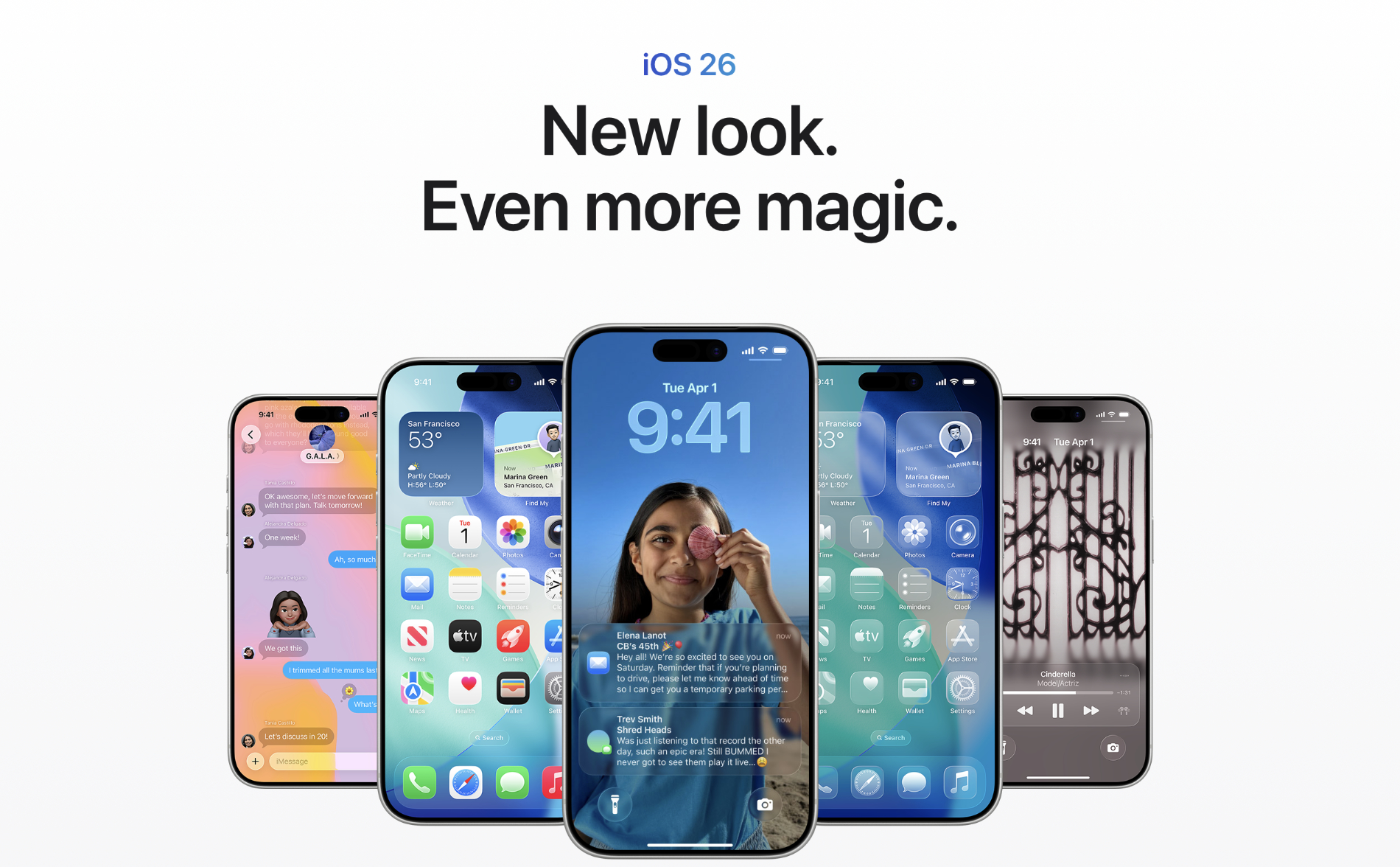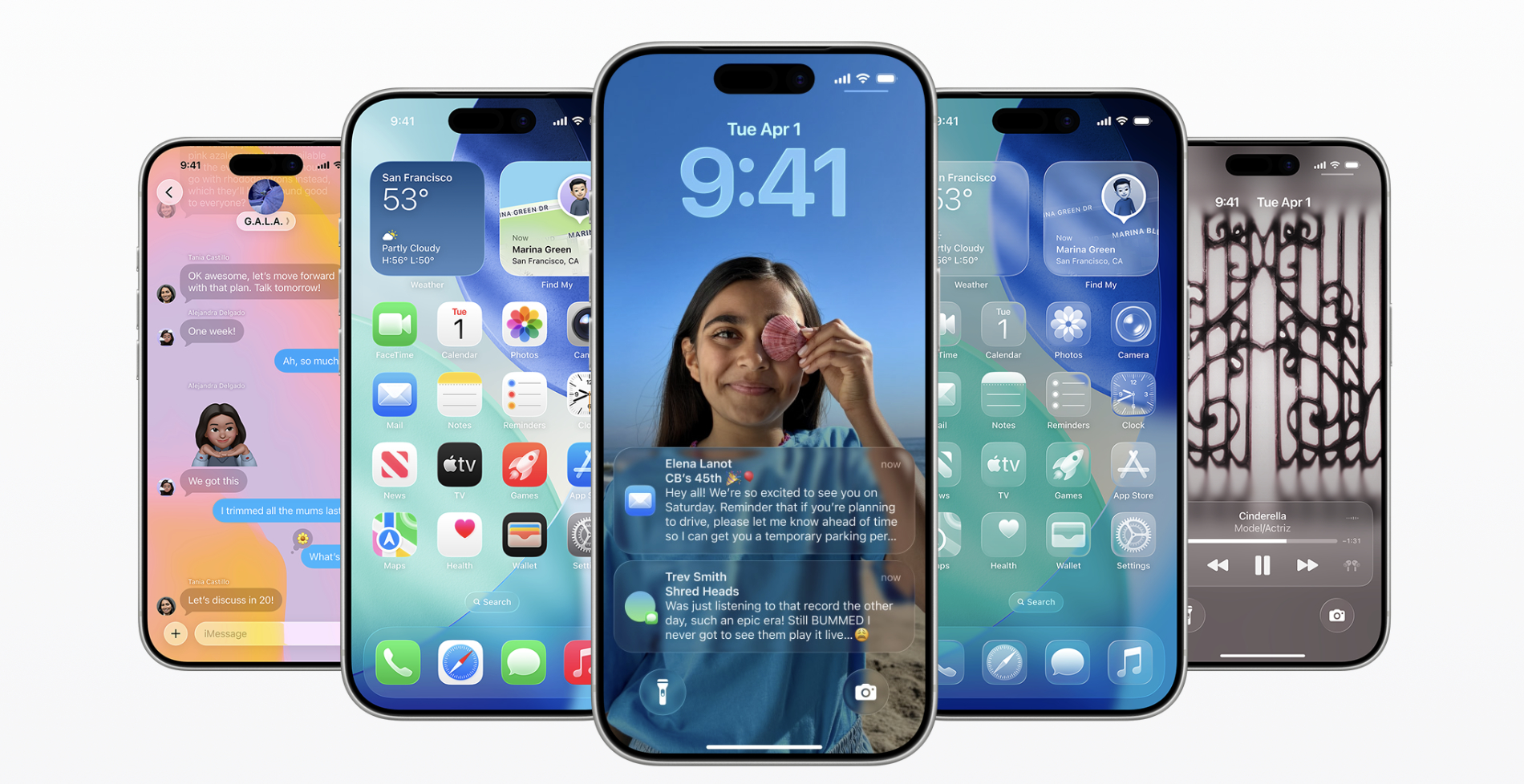
Meta on Friday published an update on how it plans to comply with the Digital Markets Act (DMA), the European law that aims to promote competition in digital marketplaces, where the law concerns the company’s messaging apps, Messenger and WhatsApp.
As Meta notes in a blog post, the DMA requires that it provide an option in WhatsApp and Messenger to connect with interoperable third-party messaging services and apps. Meta says it’s building notifications into WhatsApp and Messenger to inform users about these third-party integrations and alert them when a newly compatible third-party messaging app comes online.

The company also says it’s introducing an onboarding flow in WhatsApp and Messenger where users can learn more about third-party chats and switch them on. From the flow, users will be able to set up a designated folder for third-party messages or, alternatively, opt for a combined inbox.

In 2025, Meta will roll out group functionality for third-party chats, and, in 2027, it’ll launch voice and video calling in accordance with the DMA.
And at some unspecified point in the future, Meta will bring “rich messaging” features for third-party chats to WhatsApp and Messenger, like reactions, direct replies, typing indicators and read receipts, the company says.

“We will keep collaborating with third-party messaging services in order to provide the safest and best experience,” Meta wrote in the post. “Users will start to see the third-party chat option when a third-party messaging service has built, tested and launched the necessary technology to make the feature a positive and secure user experience.”
The upcoming WhatsApp and Messenger interoperability features aren’t a slam dunk necessarily. As we’ve reported previously, it’s not clear whether other major messaging operators, such as Viber and Telegram, will support them. WhatsApp will require end-to-end encryption to enable interoperability, which could also present technical roadblocks. Plus, Meta requires that companies sign an agreement — the details of which were only relatively recently made public — to integrate with any of its systems.
Open source messaging protocol Matrix’s founder Matthew Hodgson, for one, noted in a talk this year that Matrix will work with WhatsApp, end-to-end encryption intact, “on an experimental basis.”
Meta is attempting to meet its obligations under the DMA’s messaging-related clauses, but the company has come under fire for allegedly violating other components of the legislation.
This summer, the European Commission said that Meta’s “pay or consent” ad model, which offers EU users of Facebook and Instagram a choice between a paid, ad-free experience or a free, ad-supported version, failed to comply with the DMA.






